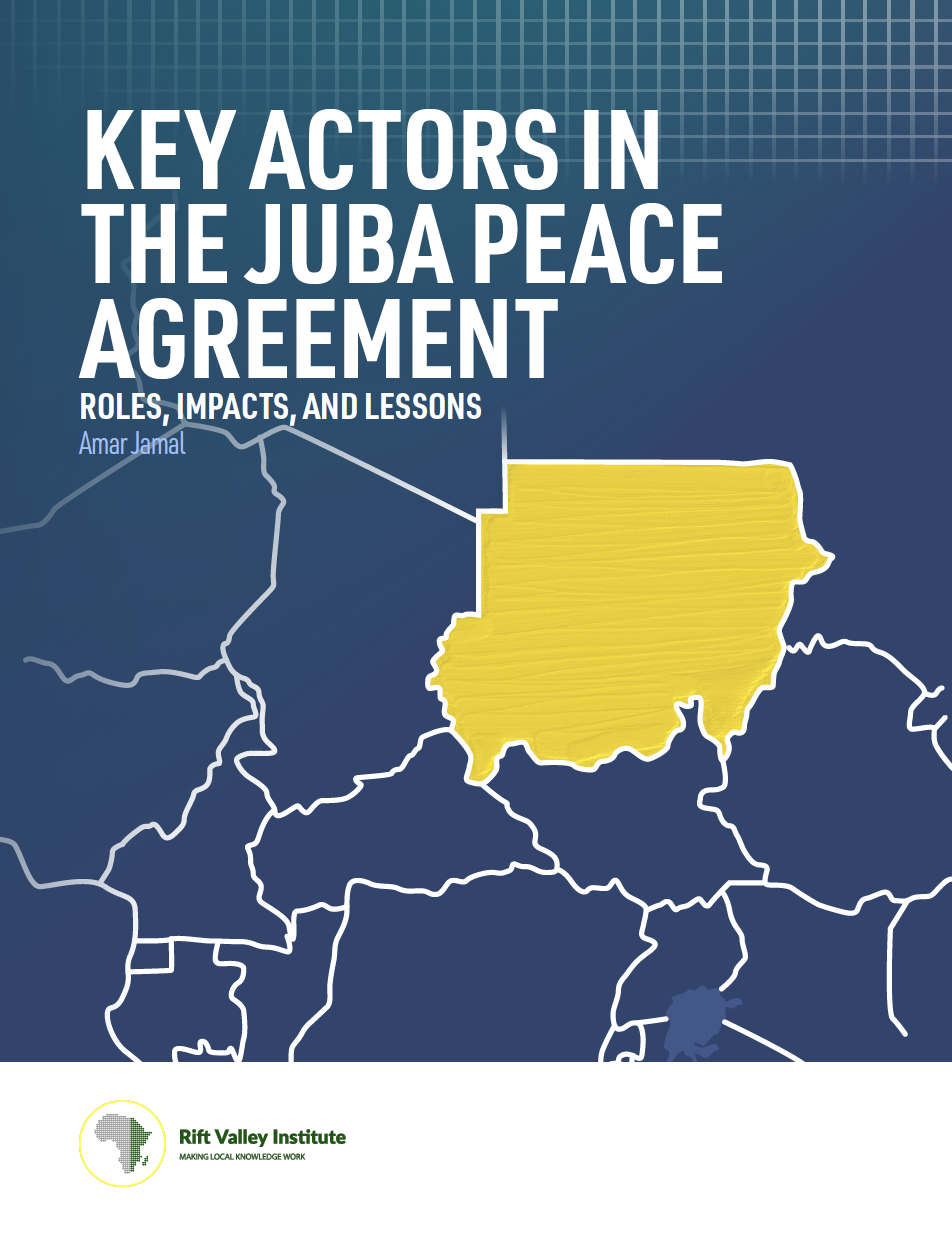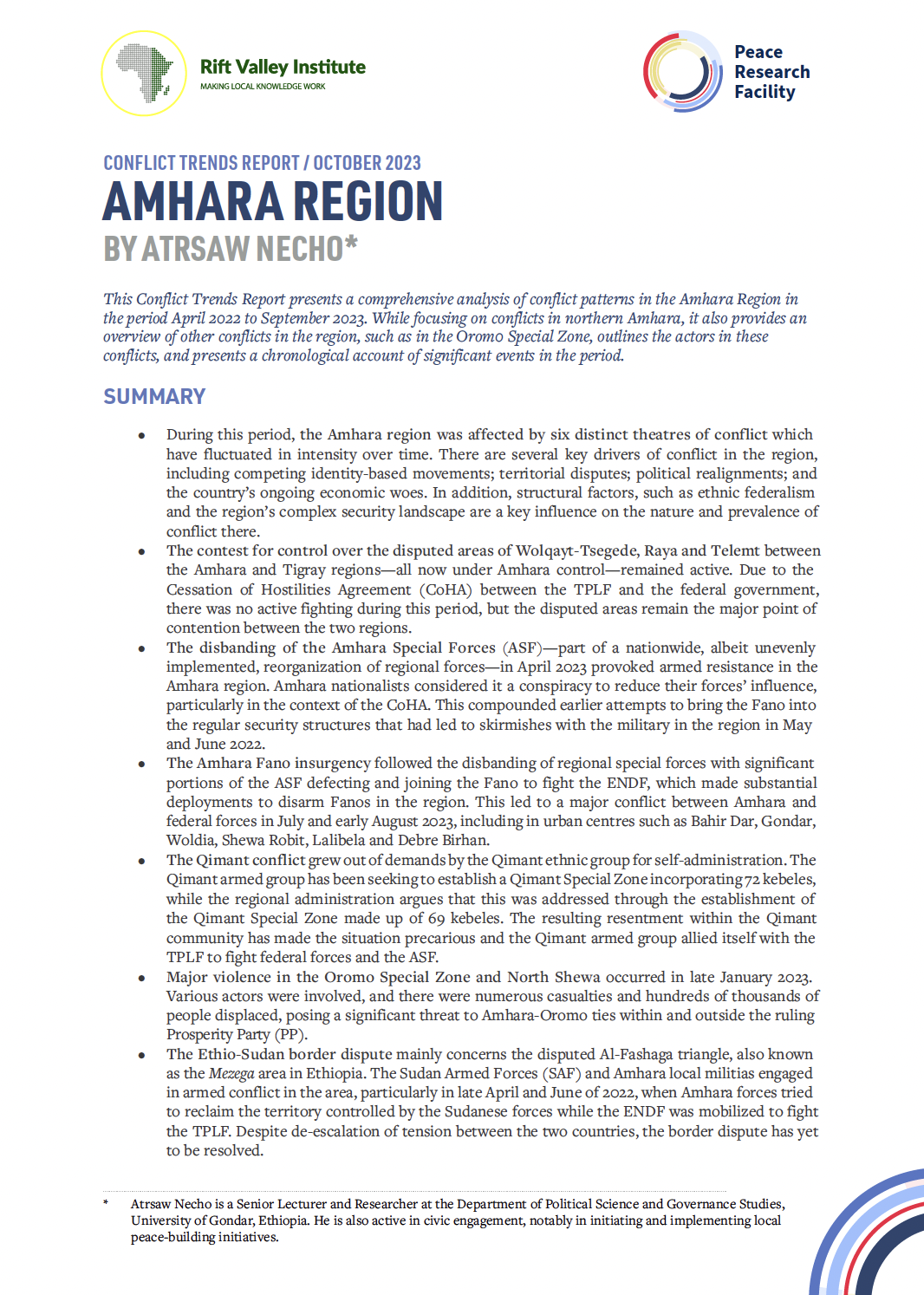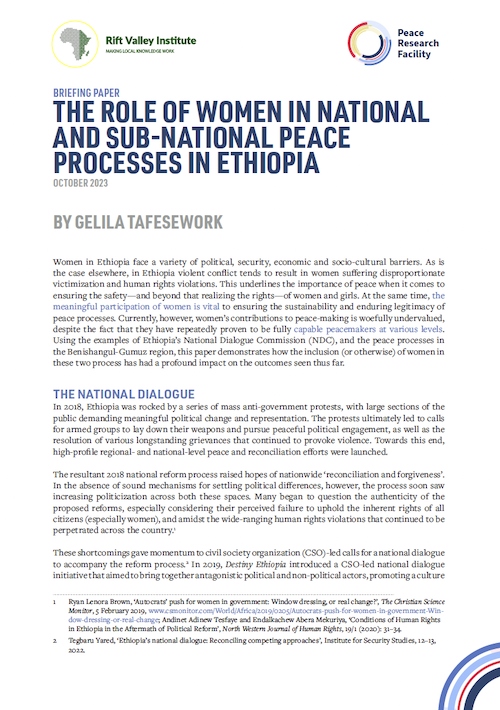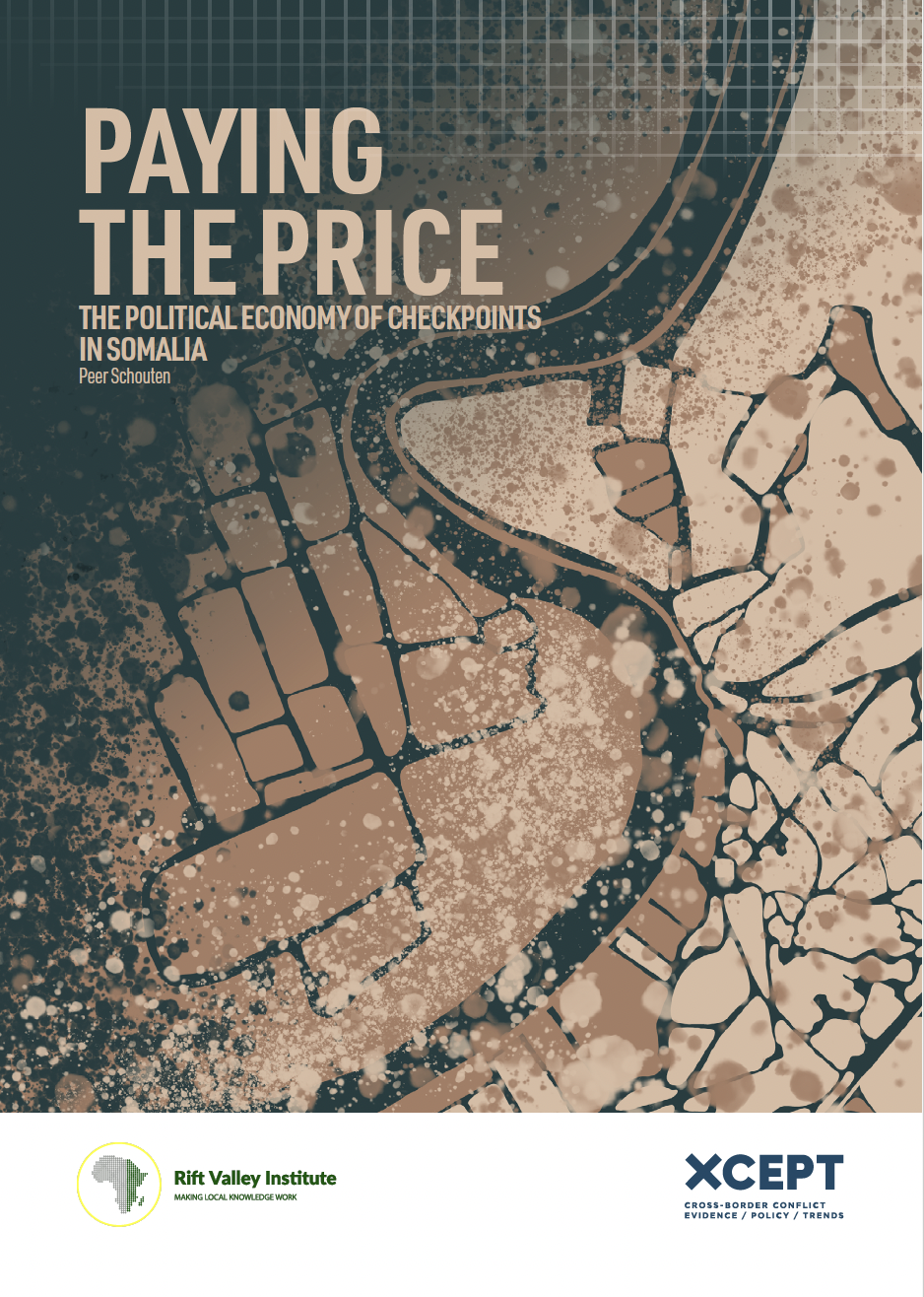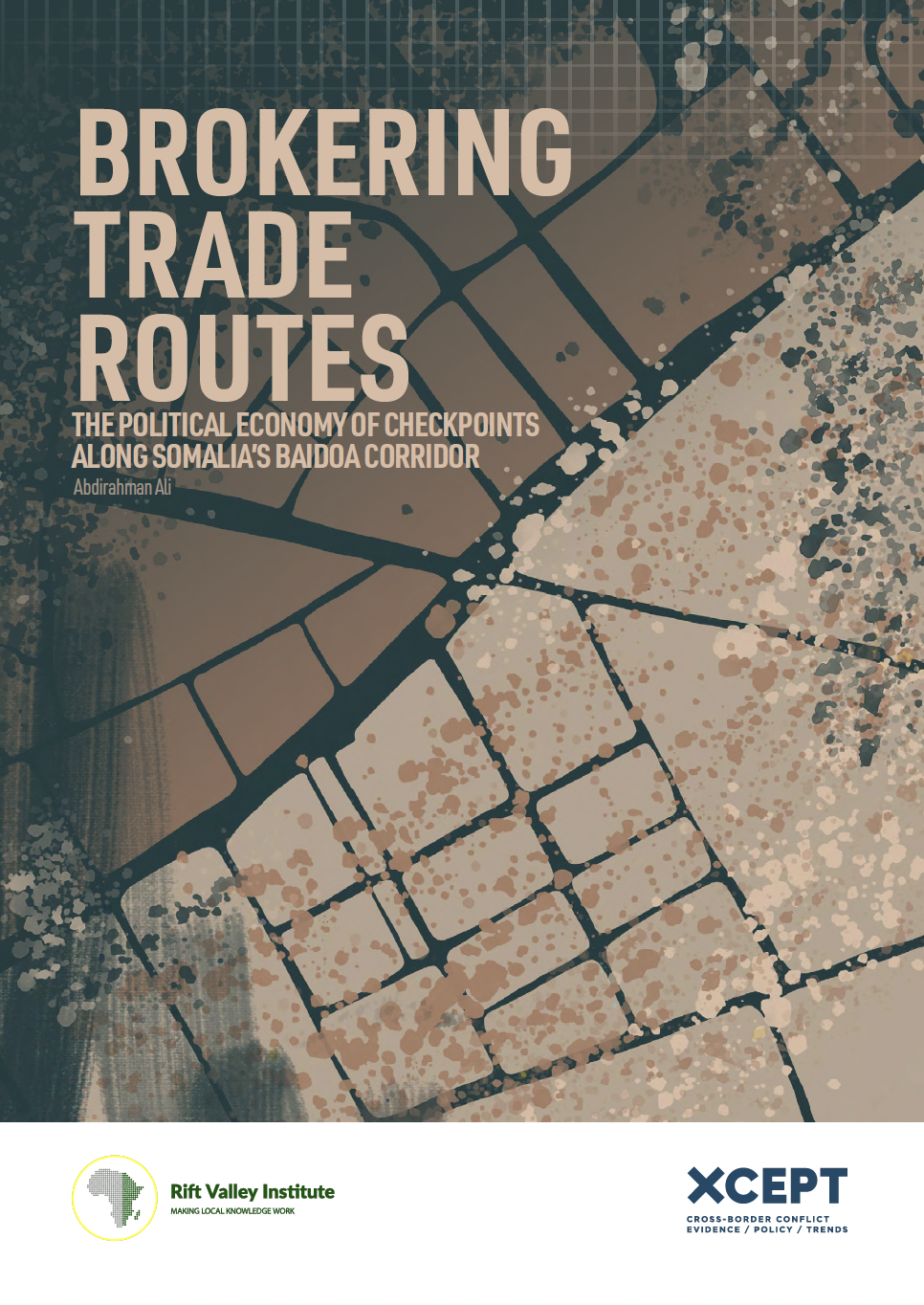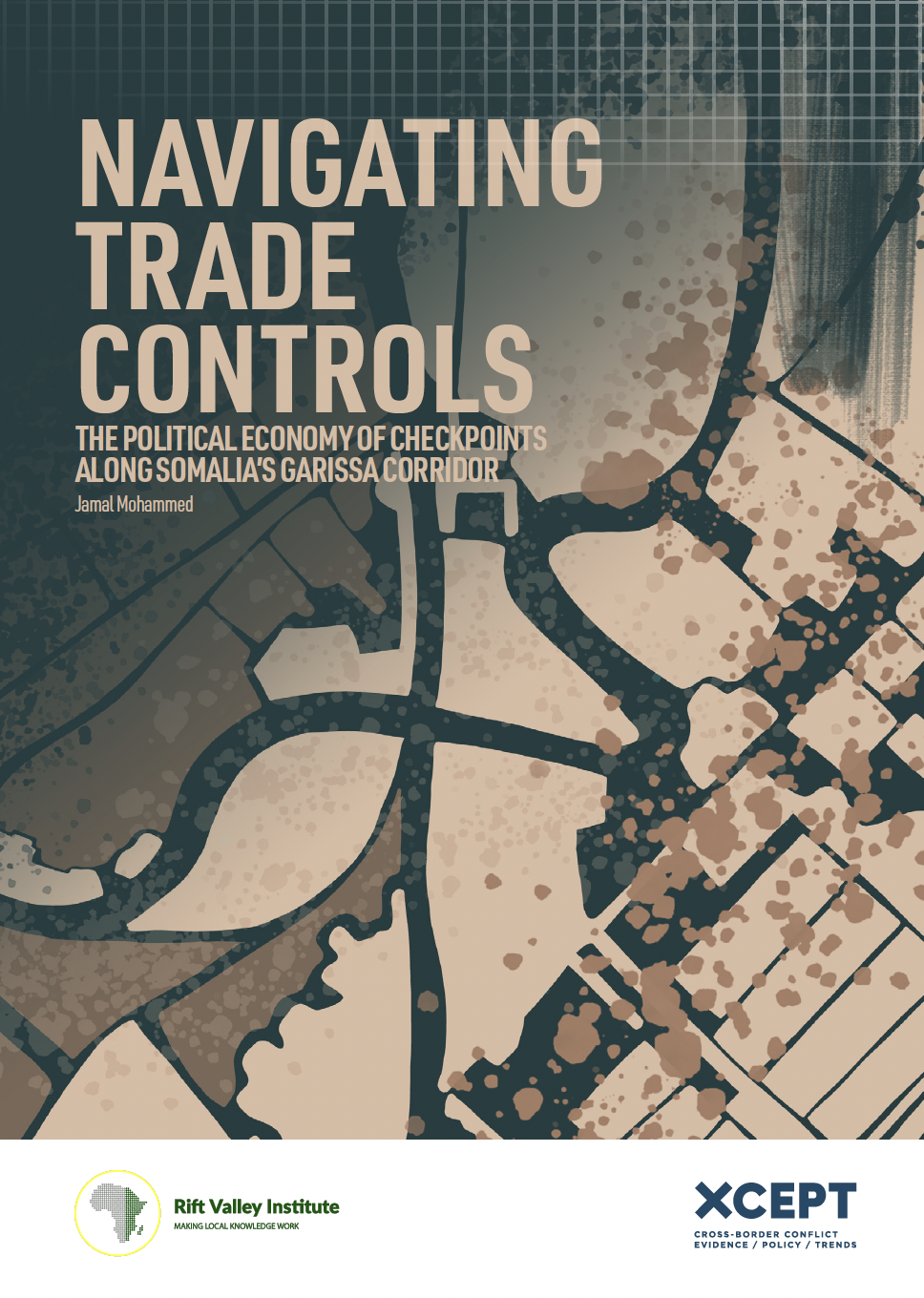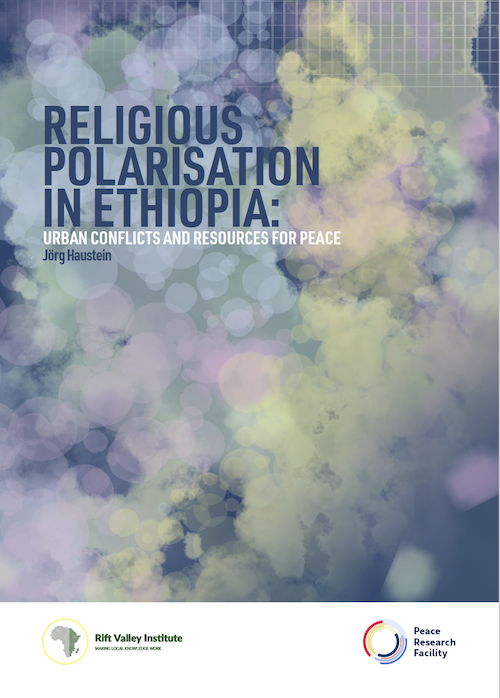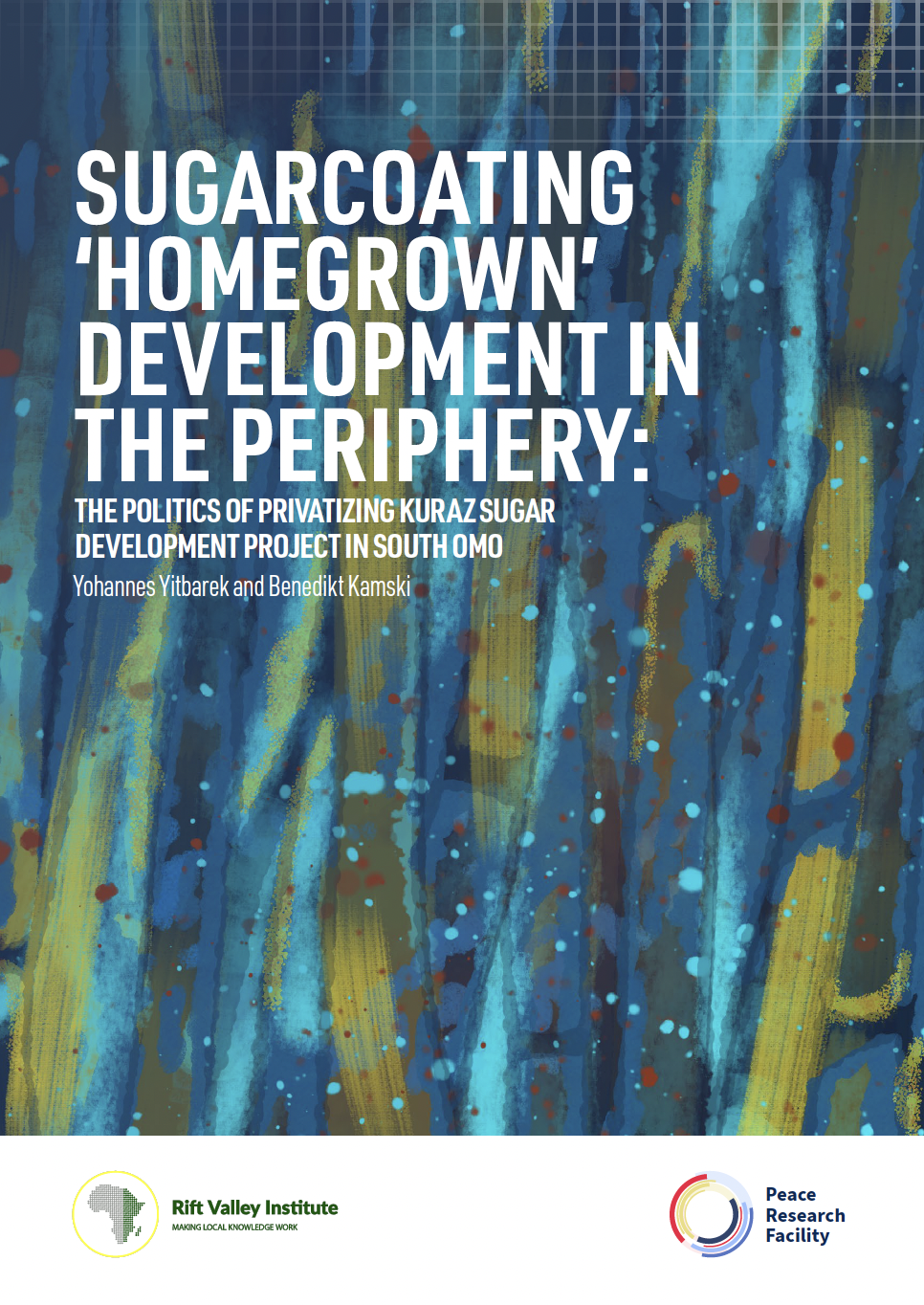SUMMARY The Juba Peace Agreement (JPA) was negotiated beginning in September 2019 in the South Sudanese capital by representatives of Sudan’s new civilian-military transitional government and a collection of Sudan’s armed and civilian opposition groups comprising the Sudanese Revolutionary…
RVI publishes books, research reports, research papers, briefings and meeting reports in a range of formats. Publications cover policy, research, arts, culture and local knowledge in the countries of eastern and central Africa. Research publications—books, reports and papers—are peer-reviewed. Some RVI publications are also available in French and/or Arabic.
The RVI is a signatory of the Budapest Open Access Initiative (2001); all publications are free for download in PDF format under Creative Commons licences. The views expressed in books and reports published by the RVI are those of the authors, not the Institute.
SEARCH
PUBLICATION TYPE
LANGUAGE
REGION
COUNTRY
This Conflict Trends Report presents a comprehensive analysis of conflict patterns in the Amhara Region in the period April 2022 to September 2023. While focusing on conflicts in northern Amhara, it also provides an overview of other conflicts in…
Women in Ethiopia face a variety of political, security, economic and socio-cultural barriers. As is the case elsewhere, in Ethiopia violent conflict tends to result in women suffering disproportionate victimization and human rights violations. This underlines the importance of…
SUMMARY This report explores the political economy of checkpoints in Somalia: What drives their formation? What impacts do they have on trade, society and political projects? To explore these factors, new empirical data is presented on the distribution and…
THE POLITICAL ECONOMY OF CHECKPOINTS ALONG THE BAIDOA CORRIDOR SUMMARY • The Baidoa corridor is a transport and trade route that connects Somalia’s coastal capital, Mogadishu, to Kenya via the border towns of Bula Hawa and Dollow, respectively. As…
THE POLITICAL ECONOMY OF CHECKPOINTS ALONG SOMALIA’S GARISSA CORRIDOR SUMMARY • The Garissa corridor is an essential artery for trade and exchange between Kismayo in Somalia’s Jubaland state, and the Kenyan city of Garissa. Checkpoints along this route were…
SUMMARY • This report studies the role of religion in recent inter-communal conflicts in Ethiopia outside of Addis Ababa. While not entirely neglecting disputes and perceptions in the capital, it seeks to paint a fuller and more versatile picture…
Introduction One of the most significant recent developments in the prolonged struggle against al-Shabaab in Somalia has been the success of military operations led by the Somali National Armed Forces and allied self-defence militias known as Ma’awisley. Ma’awisley—named after the…
SUMMARY • Since the Prosperity Party (PP) came to power in Ethiopia in 2018, expectations have grown that its government will revitalize Ethiopia’s sugar industry through the privatization of eight sugar factories, including plantations of several thousand hectares in…
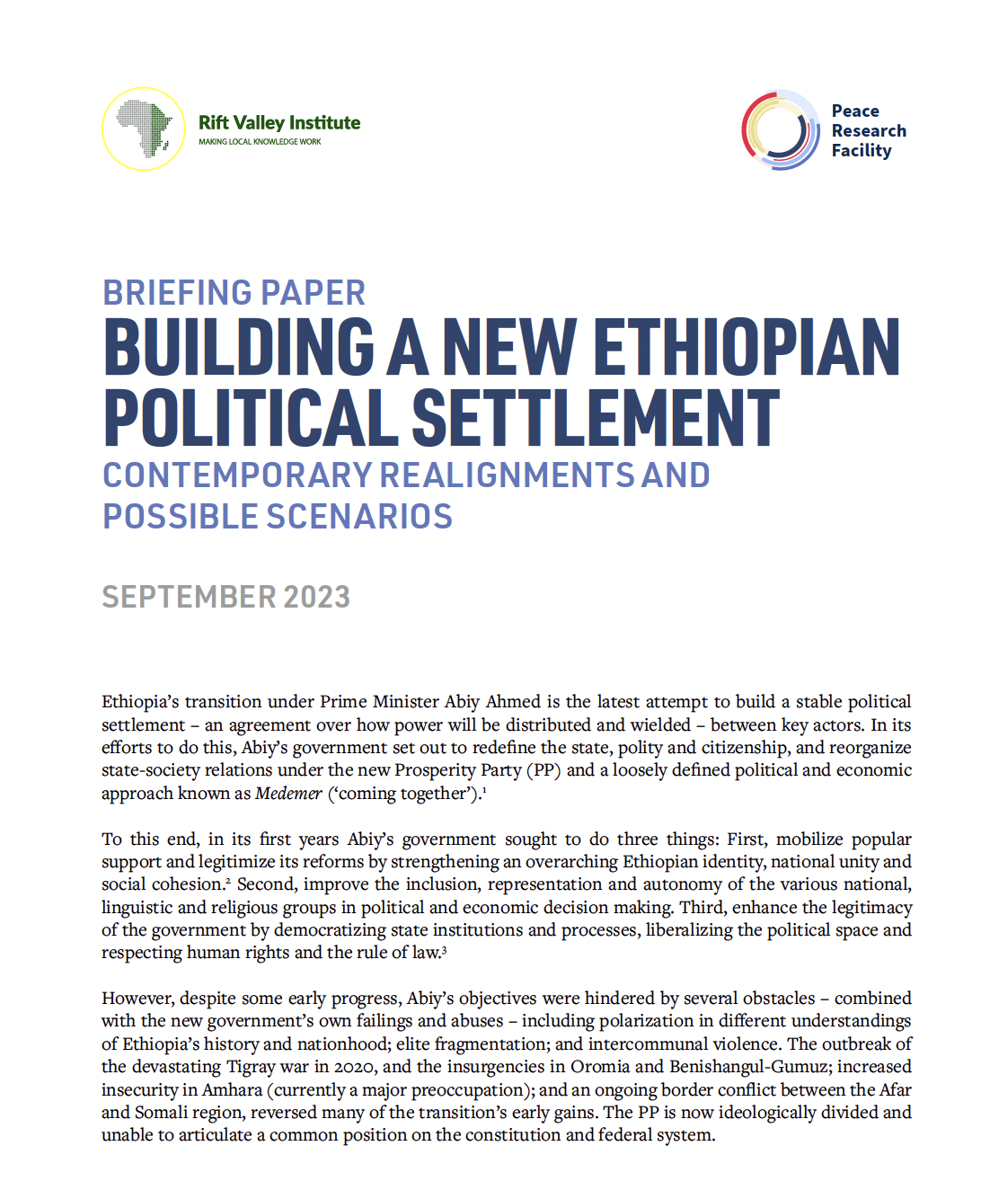
- Download
Ethiopia’s transition under Prime Minister Abiy Ahmed is the latest attempt to build a stable political settlement – an agreement over how power will be distributed and wielded – between key actors. In its efforts to do this, Abiy’s…
Recent Publications

Political Economy of Cash and Markets in Sudan
February 27, 2026
The research provides a snapshot of the war in Sudan in the period from February to April 2025. However, the war is dynamic, with political alliances and territorial control changing. The April 2023 conflict between the Sudan Armed Forces (SAF)

Rethinking Ethiopia II: Youth and politics
February 26, 2026
Seminar report Rethinking Ethiopia, a collaborative essay competition initiative between Addis Ababa University’s Institute for Peace and Security Studies (IPSS) and the Rift Valley Institute’s (RVI) Peace Research Facility (PRF), offers a platform for Ethiopian youth to express their ideas

2025 Year in Review
February 16, 2026
The 2025 Year in Review provides an overview of the Rift Valley Institute’s work over the past year across eastern and central Africa. The report highlights RVI’s research and publication outputs, education and training activities, and public forums and convenings,

